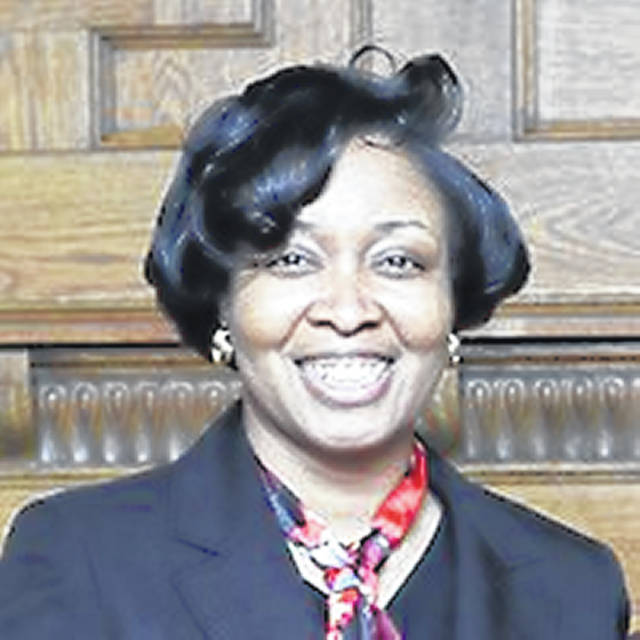When the Supreme Court overturned affirmative action at the end of June, I immediately thought about how the University of California system had to end its “race-conscious” admissions policy when voters in the state approved Proposition 209 in 1996. I remember how discussions in higher education regarding this ruling at the time centered on worry about the lack of diversity in California schools in the future and how other states might follow suit. Eight states did follow suit, including Michigan, Florida and Nebraska, and the most recent ban came in 2020 when Idaho Gov. Brad Little signed a law barring state contractors, state agencies and public education from using affirmative action mandates. That same year, research published by the Berkeley Center for Studies in Higher Education documented that Black and Latino enrollment among institutions in the University of California system declined by more than 40% the year Prop 209 went into effect.
It is important to acknowledge that the Court did not rule against colleges and universities weighing how race has affected an applicant’s life, such as overcoming adverse family or economic situations, in their application process. However, even with this small concession, some states will go further and push for schools to discontinue grants, fellowships and scholarships used to encourage minority enrollment. Such is the case currently in Wisconsin, where Robin Vos, speaker of the Wisconsin State Assembly, is proposing laws to end these types of programs. Other politicians will no doubt join this heavy pushback, and it saddens me for personal reasons.
I was a recipient of a minority fellowship at Ohio State University in 1991 that was established under the late Dr. Frank W. Hale Jr. Dr. Hale was a renowned scholar at OSU who started the Graduate and Professional Schools Visitation Days program in 1971. This program targeted top students from the nation’s historically Black colleges and universities. As an alumna of North Carolina Central University, I was blessed with the opportunity to initially further my education at Ohio State by studying for a master’s degree in journalism before later pursuing my Ph.D. in education.
While my fellowship covered my graduate tuition, I did have one friend, Joyce, who came to OSU under vastly different circumstances. Joyce, although African American, was not a fellowship recipient and she was not an HBCU grad, having earned her BA from Auburn University. Joyce was determined to enroll in graduate school, so she packed her belongings in a small, blue Chevy sedan and drove to Columbus from Montgomery, Alabama, with her mother. Joyce was accepted into the journalism graduate program but did not have any financial aid. With her funds running low, we attended the historic Second Baptist Church one Sunday with several friends. We all decided to join the church under “watch care,” and Joyce gave a stirring testimony. “My friends have come to Ohio State on fellowships,” she said, “but I have come on faith, believing God to make a way.” After service ended, the administrator for Ohio State’s Young Scholars Program came up to Joyce and offered her a graduate assistantship, which would cover her expenses.
The Young Scholars Program was founded in 1988 and is housed within the university’s Office of Diversity and Inclusion. YSP recruits students “with high financial need” who will be first-generation college students and prepares them for the rigors of higher education. This program was greatly beneficial for Joyce as she got administrative experience in working to help OSU meet its goals of minority student retention.
In sharing how diversity and inclusion programs have impacted me, I firmly believe that we need to change the narrative of the conversation around affirmative action. Much of the contentious debate from those who oppose these programs is the argument that they “take away” opportunities from deserving White students. Yet, these programs were never designed to take away opportunities but to provide them for those in marginalized populations. I have seen arguments calling for university “economic affirmative action” programs that would assist more Black, White and Latino students from low-income families and help meet diversity objectives. Perhaps more schools will take this route with the Supreme Court permitting racial life experiences as an admissions assessment.
One point that I hope we will eventually get to is focusing on the true purpose of education, which historian Carter G. Woodson said is “to inspire people to live more abundantly” and “to learn to begin with life as they find it and make it better.” As an educator, I always pray that I inspire my students to live an enriching life and to use their God-given talents to “make it better” for others.
Dr. Jessica A. Johnson is a lecturer in the English department at The Ohio State University-Lima. Reach her at [email protected] or on Twitter @JjSmojc. Her opinion does not necessarily represent the views of The Lima News or its owner, AIM Media.







